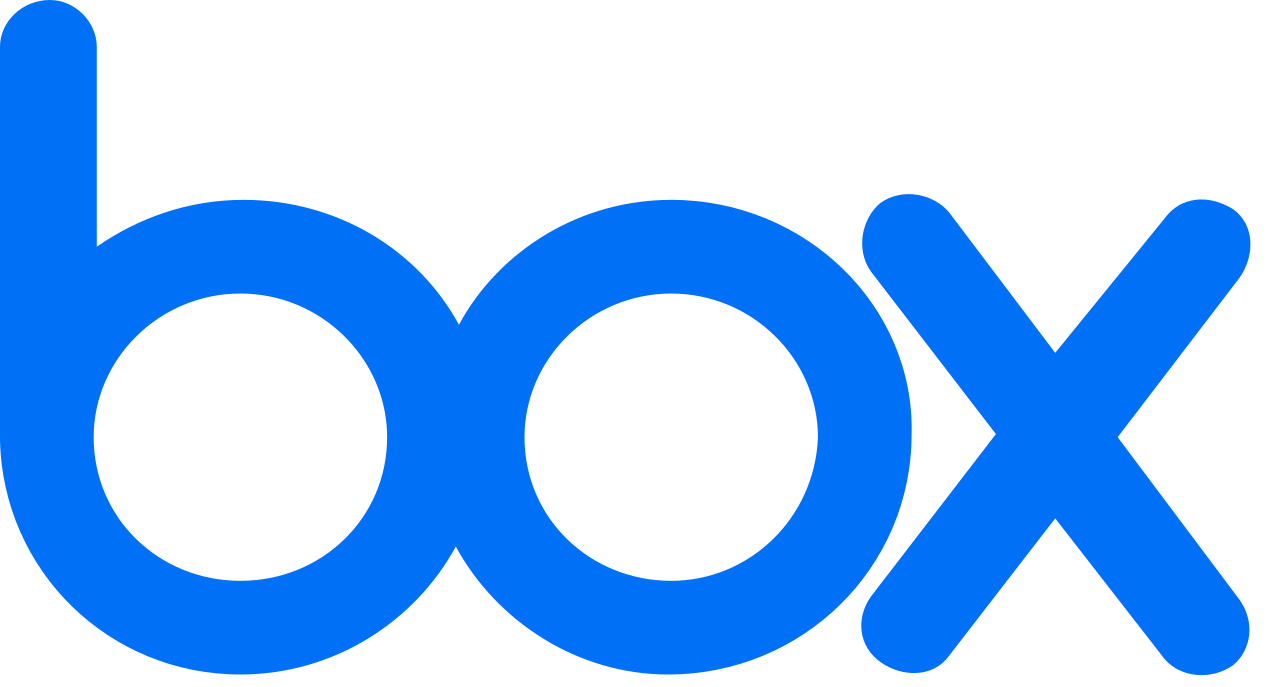Artificial Intelligence (AI) adoption in higher education poses unique challenges and exciting opportunities. In a first episode of the "AI First" podcast, hosted by Jon Herstein, Chief Customer Officer at Box, and featuring Kemal Badur, Chief Technology Officer at the University of Chicago, the two leaders explored the vital steps required to integrate AI into organizations, with higher education as the focal point.
Podcast available on YouTube: https://youtu.be/0UYKwKDvyjo I Audio Versions: Apple Podcast & Spotify
This post summarizes the key takeaways from their conversation:
1. Humility and Transparency: The Foundation of AI Leadership
As organizations embark on the AI journey, Kemal emphasizes the importance of leading with humility and transparency. Advocacy for AI must feel collaborative, rather than dictatorial or overly fanatical about its possibilities.
"None of us know everything. It is impossible to tell where these things are gonna go. So if people start seeing you as an AI advocate or an AI fan or an AI dictator, then I don't think you're being successful. Humility and transparency is critical.”
Kemal’s approach focuses on understanding stakeholders’ needs, pain points, and tailoring solutions to address them effectively through honest dialogue and mutual exchange.
2. Practical Guiding Principles in AI Adoption
Throughout the episode, Kemal shared three key principles that guided the University of Chicago's AI adoption strategy:
-
Privacy and Security: Data security was paramount. Kemal explained how the university was careful about enabling AI functionalities only after negotiating rigorous compliance terms with vendors like Box. "We were very cognizant of data leaks… There were key vendors such as Box where we negotiated that security and privacy upfront before enabling your AI features."
-
Equity and Accessibility: Recognizing the diverse makeup of the university community, including more than 30,000 members, Kemal explained how affordability and inclusivity were central concerns. These principles ensured the tool reached everyone, including those with assistive needs. "We didn't want to say, if you want to get ahead with AI, you need to pay $20, $30, or $200 a month… Every single one is tested and validated to ensure our tool would meet the needs of everyone."
-
Intellectual Property Protection: Skepticism over AI reuse prompted protections to safeguard intellectual property. Kemal kept this front-of-mind to build user trust. "Our users were really skeptical of the idea that asking an AI tool to define their idea might lead to it showing up elsewhere... Intellectual property was critical."
3. Experimentation Leads to Growth
For institutions evolving in the AI space, Kemal spoke about the challenges of creating enterprise-grade AI solutions and advocated for scalable experimentation: "If you want to build an enterprise-grade AI tool today, it's a very tough job… I encourage anyone to think in terms of pilots, betas, tests, experiments, and do those."
The University of Chicago famously rolled out its AI tool in iterative versions—with each release improving on the last, even if initial attempts were imperfect. Kemal shared how compliance, for instance, became a part of the journey: "Our first version wasn't compliant, our sixth version was. It took time. In the meantime, we did security, but compliance was something we knew we could get later."
Jon Herstein emphasized aligning early with diverse teams like security, privacy, architects, and faculty to streamline experimentation: - "Involve them early. Don't wait till the end and say, 'Oh, here's this thing we built.' And then your CSO says, 'No, you can't do that.' Right? You've got to involve them much earlier in the process."
4. Importance of Communication and Iteration
Launching new technology requires robust communication and user engagement. Learning from their rollout, Kemal admitted the university struggled with uptake due to insufficient promotion:
"I'll admit that we are really bad at communication. We need better marketing to sell our tool. Awareness is key, and trying to reach people where they are." Still, the iterative approach to development kept users engaged. Kemal proudly noted that six major releases had added substantial features, allowing the tool to continuously evolve.
"It's not your one-and-done thing… Think about platform, think about how these things connect to each other and how they can connect to new things as they come up."
5. Security, Scalability, and Box AI Integration
Kemal praised Box AI’s compliant, scalable infrastructure, highlighting how critical it was for institutions engaging in high-stakes AI implementation. He emphasized Box’s flexibility in accommodating the university’s privacy-focused demands. "Your teams have done an admirable job of dealing with our very particular demands on compliance… HIPAA-compliant storage was essential for us."
This intersection of compliance and practical AI use cases enabled seamless integration into existing IT systems.
6. The Future of AI in Higher Education
Kemal and Jon concluded the conversation by exploring the exciting potential of AI as foundational infrastructure in higher education. While adoption remains uneven across disciplines, Kemal expressed optimism about agents enabling breakthroughs in structured data analysis and experimentation.
"I’m working with a team right now that has developed an incredibly sophisticated and innovative way to talk structured data with other apps… It’s going to enable so much experimentation, so much exploration!" The roadmap, Kemal added, is constantly evolving: "It changes every week. OpenAI just released updates as well… Do I wanna incorporate that or not?"
Final Words
The "AI First" podcast provided a perspective on integrating AI into organizations. Kemal’s lessons remind us that adopting AI is a journey requiring flexibility, collaboration, and humility. From iterative experimentation to balancing accessibility and compliance, these insights lay the groundwork for institutions to embrace the transformative potential of AI thoughtfully.
Jon Herstein ended the podcast with a challenge for listeners: "Stay curious, keep challenging assumptions, and lead boldly into the AI-first era."


